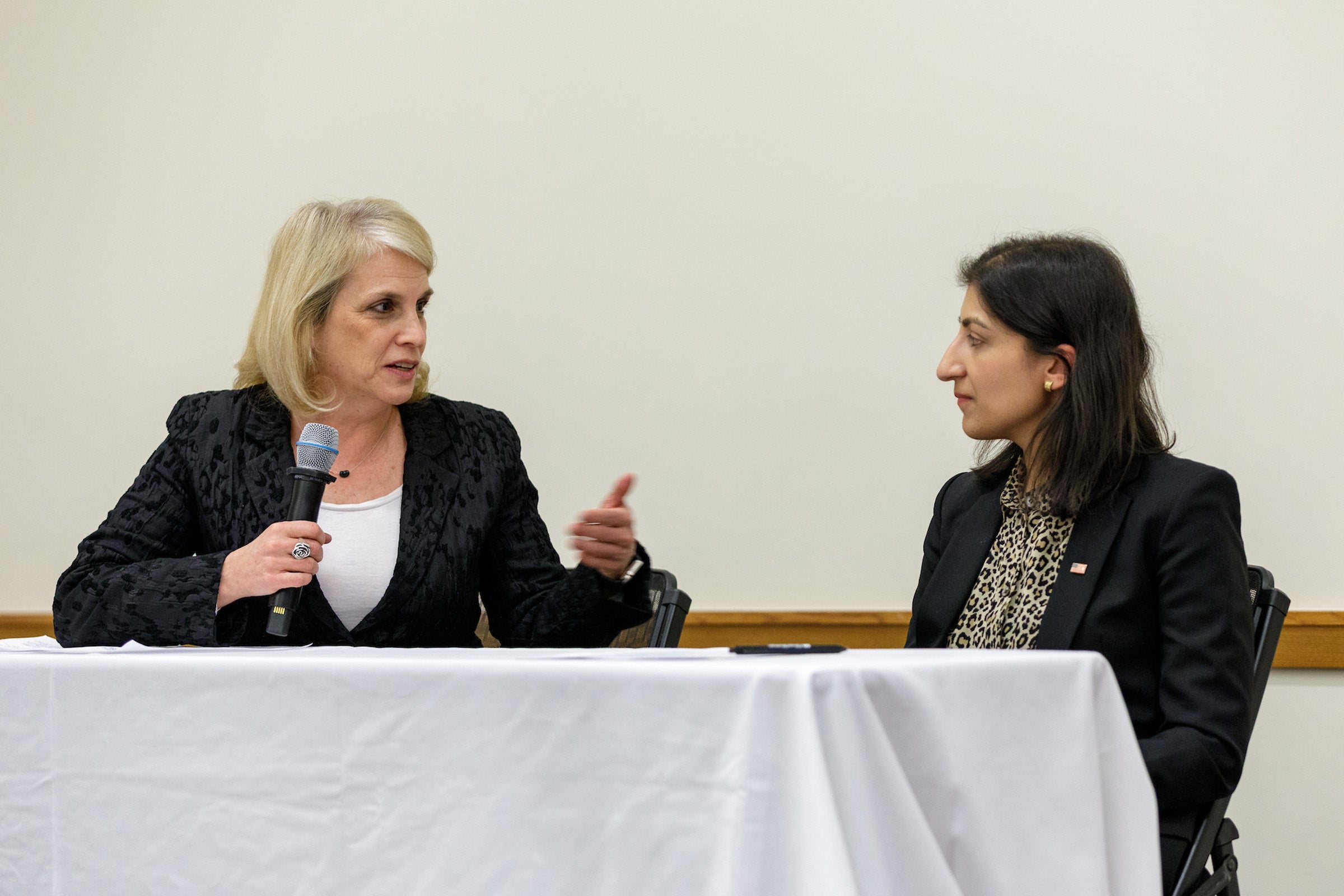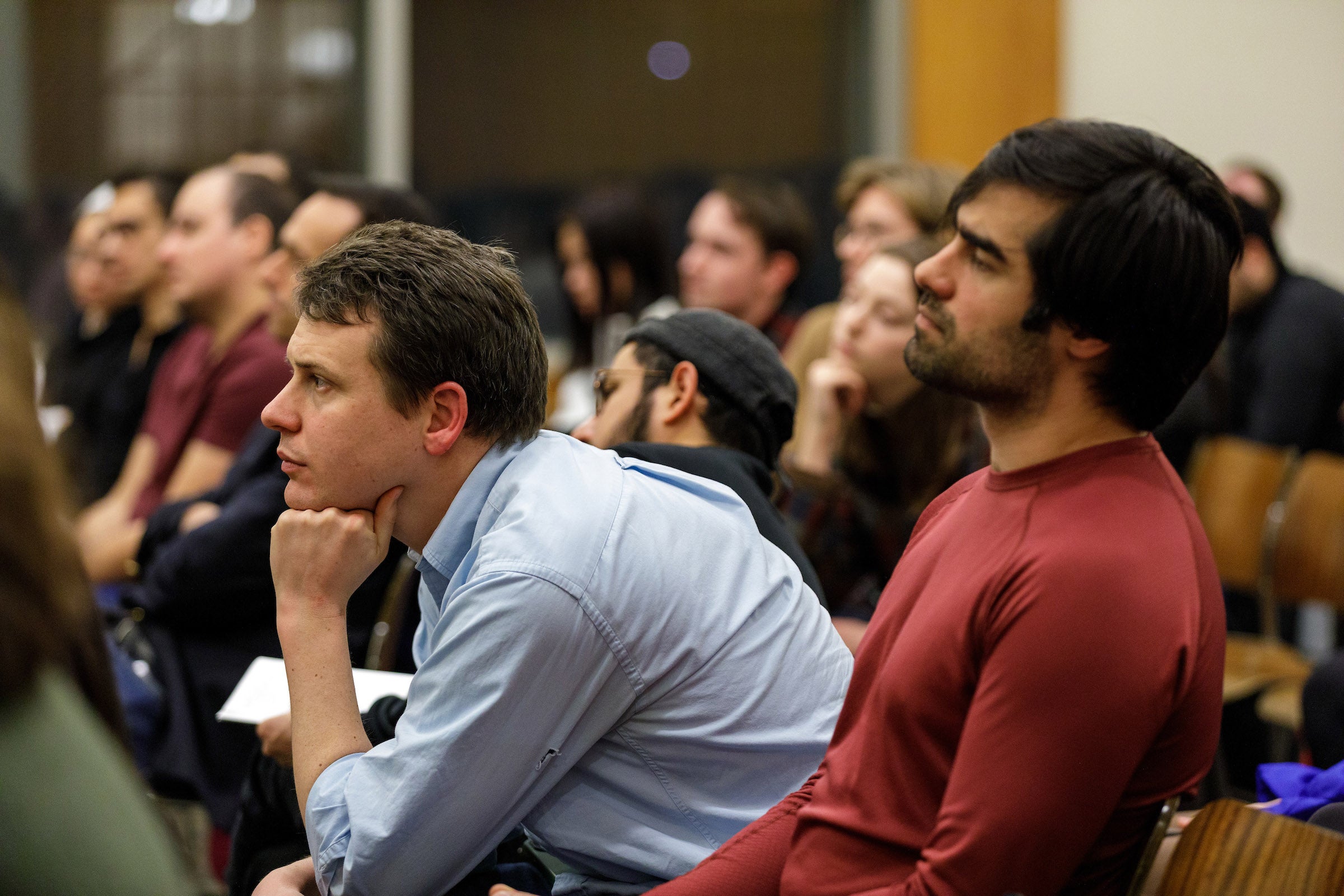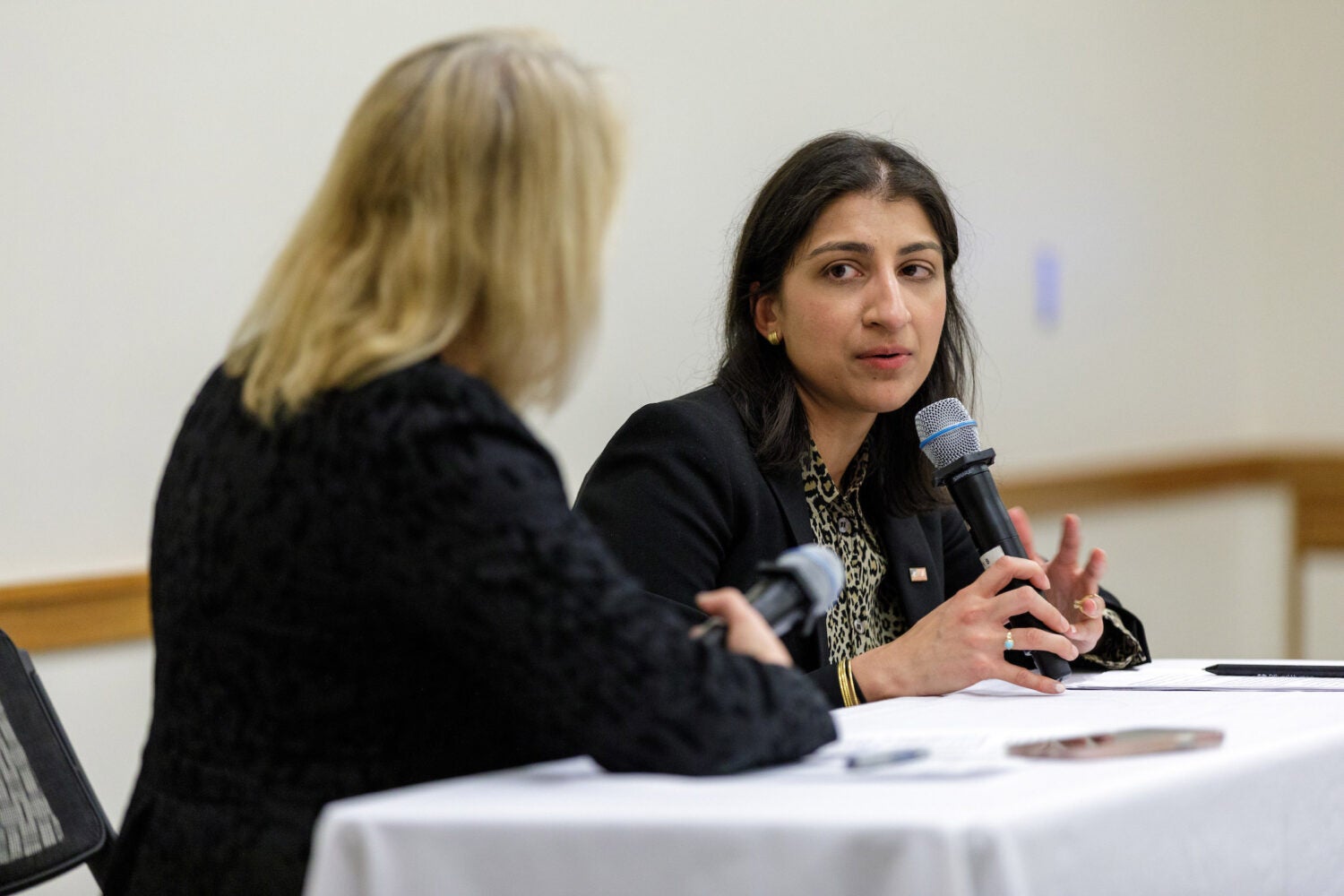Law students hoping to begin changing the world before they even graduate could do worse than cast their eyes in the direction of Federal Trade Commission chair and ardent advocate of enforcing antitrust laws, Lina Khan.
Khan first gained prominence in 2017, when as a law student she authored a now famous article — “Amazon’s Antitrust Paradox” — in the Yale Law Journal. In it, she argued that the e-commerce giant had become more than just a retailer, but also a “marketing platform, a delivery and logistics network, a payment service, a credit lender, an auction house, a major book publisher, a producer of television and films, a fashion designer, a hardware manufacturer, and a leading host of cloud server space.” Amazon’s dominance, “structure and conduct pose anticompetitive concerns — yet it has escaped antitrust scrutiny.” In short, she argued, “[w]e cannot cognize the potential harms to competition posed by Amazon’s dominance if we measure competition primarily through price and output.”
Six years later, in September 2023, Khan’s FTC filed a pioneering antitrust lawsuit against Amazon. It is one of a host of enforcement actions, lawsuits, and inquiries the agency has launched in recent years, many aimed at Big Tech. Khan visited the Harvard Law School campus on Feb. 21 to participate in a discussion — Antitrust, Labor, and Economic Opportunity — hosted by the Center for Labor and a Just Economy. Before the event started, Harvard Law Today caught up briefly with Khan to ask her about FTC’s recent efforts to foster competition in the new and burgeoning generative artificial intelligence industry, how CEOs are thinking about potential mergers three years into the Biden administration, and what she would tell today’s law students. Here’s what she said.
Harvard Law Today: As a former law school student yourself, what would you say to law students today about what you have learned over your career and how you have used your law degree?
Lina Khan: This is just an incredibly important and exciting moment for government to be fighting corporate power and fighting monopoly power and unlawful uses of that power to really hurt Americans. There’s really a whole-of-government effort underway to be fighting for the American people, be it protecting their right to access affordable medicines, protecting their right to freely switch jobs, protecting their right to start in business. The FTC is just on the front lines of so many fights that really matter for the American people. And so, this is just a really unique time to be using your law degree to be joining that effort.


HLT: The FTC recently launched an inquiry into the AI related companies. Thinking back to the Microsoft trial in the late 1990s and more recent antitrust actions involving the Big Tech companies, it seems like sometimes these questions aren’t asked until after these firms become huge behemoths with large legal departments. Is this an effort to get ahead of that curve, to break that cycle?
Khan: It is absolutely part of an effort to make sure we’re asking questions in a timely way. And being able to issue-spot potential problems at the inception rather than years and years and years later, when problems are deeply baked in and much more difficult to rectify. So, the FTC in particular has a whole bunch of tools. We can do full-on law enforcement investigations. But we can also do these more nimble market inquiries that let us spotlight a particular set of business dynamics or business practices, look under the hood, figure out what’s really going on here. The AI space, as you noted, is so fast moving. And so, we really want to make sure that the opportunity for competition and the potential for disruption is preserved, rather than this moment being co-opted by some of the existing dominant firms to double down on their dominance.
“This is just an incredibly important and exciting moment for government to be fighting corporate power and fighting monopoly power and unlawful uses of that power to really hurt Americans.”
HLT: Is there a risk that in moving in any way, either symbolically or in real terms, to constrain the growth of AI companies in the United States might allow a nation like China to maybe advance further and faster in ways that would not help U.S. interests?
Khan: The FTC’s work is not about constraining the growth of any business or any particular company. It’s really about constraining illegal behavior. And so, as a law enforcer, that’s really our focus. And we believe that the American economy is better off and stronger when we’re cracking down on illegal business practices and allowing consumers, workers and honest businesses to get a fair shake.
HLT: If you are a CEO of a major corporation today, and you are thinking about a deal to merge, purchase, or be purchased by another major corporation, either bordered vertically or horizontally, do you think about that differently today than you did, say, three years ago?
Khan: The laws on the books are the same. They go all the way back to 1914. And so, what we’ve looked to do, including through the revised merger guidelines, is really update the tools and frameworks we use, really make sure that the approach we’re taking is entirely faithful to the law on the books, including judicial precedent. And so, I will point to the merger guidelines as a great resource for anybody interested in understanding how we enforce the laws.
This interview has been edited for length and clarity.
Want to stay up to date with Harvard Law Today? Sign up for our weekly newsletter.
